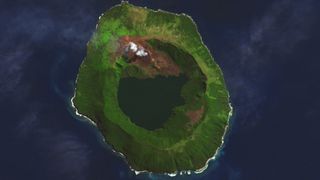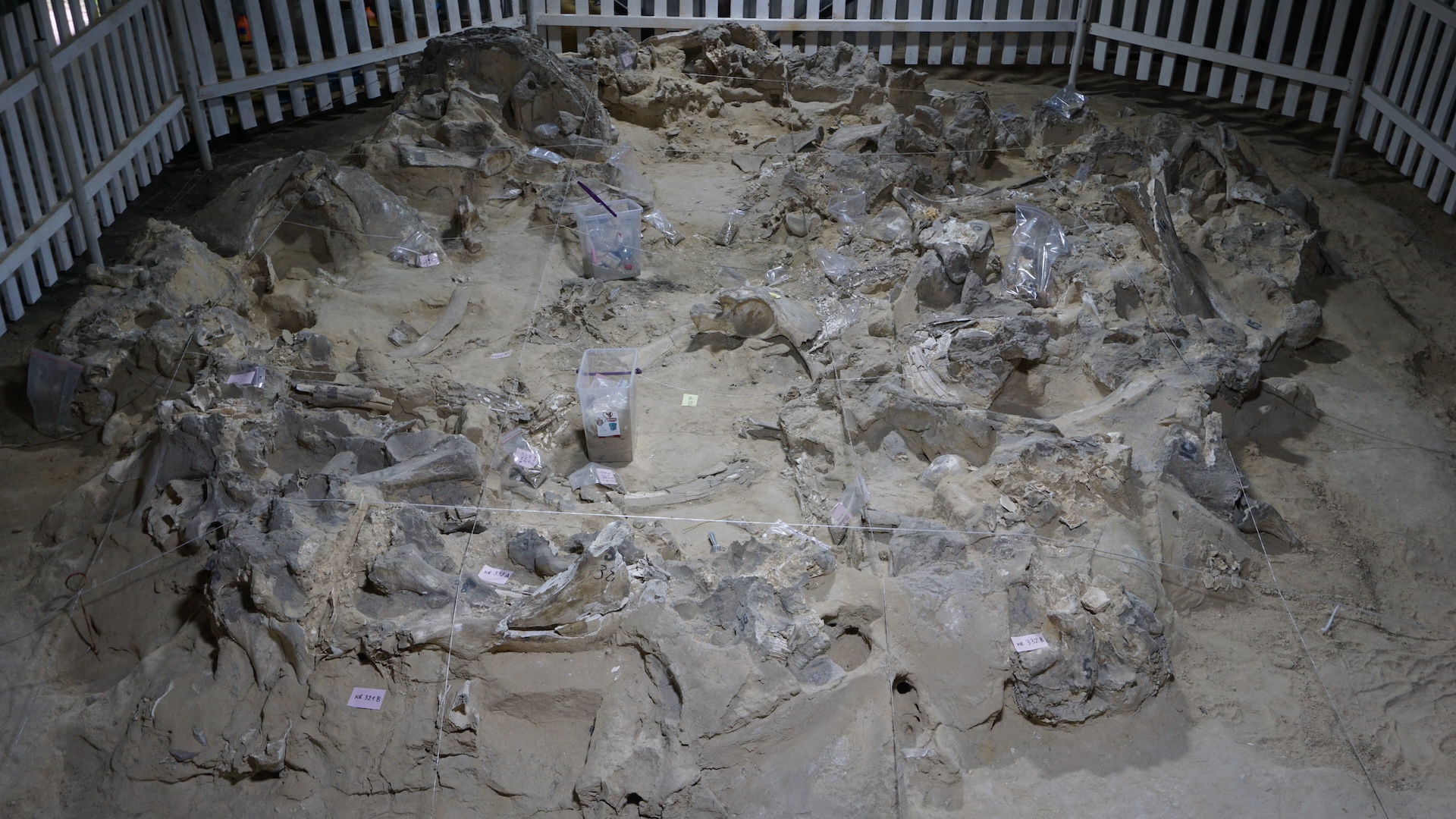
Harry Baker
Harry is a U.K.-based senior staff writer at Live Science. He studied marine biology at the University of Exeter before training to become a journalist. He covers a wide range of topics including space exploration, planetary science, space weather, climate change, animal behavior and paleontology. His recent work on the solar maximum won "best space submission" at the 2024 Aerospace Media Awards and was shortlisted in the "top scoop" category at the NCTJ Awards for Excellence in 2023. He also writes Live Science's weekly Earth from space series.
Latest articles by Harry Baker
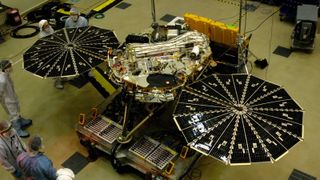
Never-before-seen 'extreme' microbes surrounded NASA robot before it was sent to Mars 18 years ago, new study reveals
By Harry Baker published
DNA analysis has revealed that 26 novel species of "extremophile" bacteria were lurking in a clean room that housed NASA's Phoenix lander before it was launched to Mars in 2007. The hardy microbes might be capable of surviving in space.
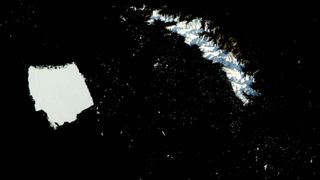
World's largest iceberg, A23a, is disintegrating into thousands of pieces alongside penguin refuge
By Harry Baker published
Earth from space A new satellite photo has revealed that the "megaberg," A23a, is beginning to break apart, spawning thousands of smaller ice chunks around the Antarctic island of South Georgia.
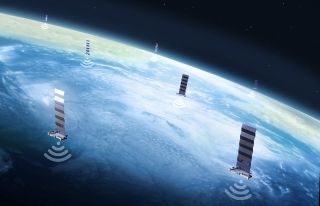
How many satellites orbit Earth?
By Harry Baker last updated
The number of satellites orbiting our planet is rising fast, thanks to private "megaconstellations" that pose various threats to space exploration and astronomy. But how big has the problem already become?
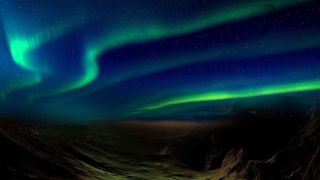
Lights on Mars! NASA rover photographs visible auroras on Red Planet for the first time
By Harry Baker published
NASA's Perseverance rover recently captured a photo of green auroras shining in the Martian sky for the first time. The alien light show, previously assumed to be impossible, could be visible to future astronauts.
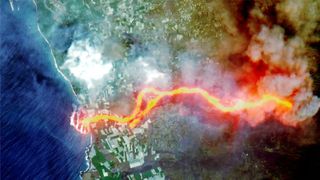
'River of fire' unleashes toxic gases as eruption destroys town in La Palma
By Harry Baker published
Earth from space A 2021 satellite image shows destructive lava flows burning through a residential area in the Canary Islands as molten rock spilled into the sea and unleashed surprising levels of volcanic gas.
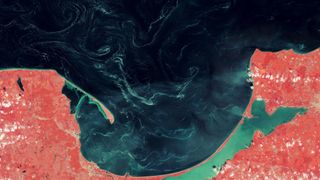
Mysterious substance spotted swirling across the surface of the Baltic Sea
By Harry Baker published
Earth from space This 2018 satellite photo shows an unknown substance swirling across the Gulf of Gdańsk in Poland. Scientists were shocked to later discover what it really was.
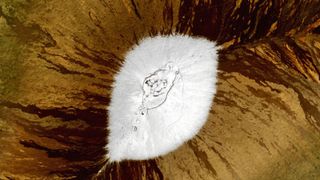
Heavy dusting of 'pineapple powder' paints Hawaii's volcanoes white after near-record snowfall
By Harry Baker published
Earth from space A pair of 2021 satellite photos highlight an unusually heavy snowfall in Hawaii that covered the summits of the volcanoes Mauna Loa and Mauna Kea.
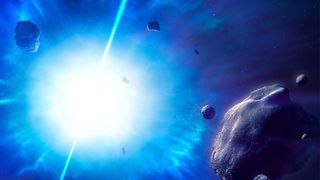
Extreme 'zombie star' capable of ripping human atoms apart is shooting through the Milky Way — and nobody knows where it came from
By Harry Baker published
Astronomers have discovered that the magnetar SGR 0501+4516 is speeding through our galaxy at more than 110,000 mph. This unusually fast speed hints that it was not born as expected, which could help explain the puzzling origin of some fast radio bursts.
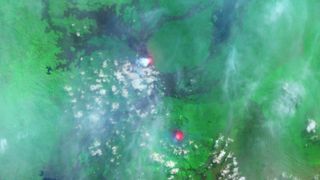
Pair of 'glowing' lava lakes spotted on Africa's most active volcanoes as they erupt simultaneously
By Harry Baker published
Earth from space This false-color satellite photo from 2014 shows the immense heat emanating from lava lakes at the summits of a pair of simultaneously erupting volcanoes in Congo.
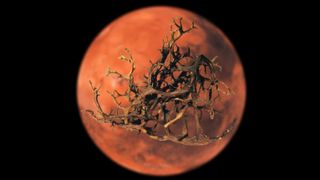
Life on Mars could survive — so long as you're one of these strange, hybrid lifeforms
By Harry Baker published
Researchers bombarded lichens with a year's worth of Martian radiation in just 5 hours — and they survived, hinting that the extremophiles could potentially live on the Red Planet.
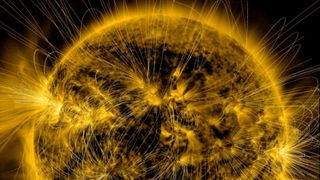
A mysterious, 100-year solar cycle may have just restarted
By Harry Baker published
New research suggests that the unexpected intensity of the ongoing solar maximum may be partly tied to a lesser-known, 100-year solar cycle. If true, solar activity could spike further in the coming decades. But some experts are skeptical.
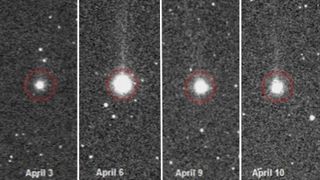
Newly discovered comet SWAN just 'erupted' with a bright, icy burst. Is it a cold volcano?
By Harry Baker published
Photos show that comet C/2025 F2 (SWAN) experienced a "major eruption," causing it to become temporarily brighter. However, it's still unclear whether the icy object is a true "cryovolcano."
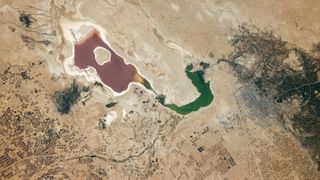
Crop circles surround Iraq's multicolored 'Sea of Salt' after years of drought
By Harry Baker published
Earth from space This 2024 astronaut photo shows the striking colors of Iraq's Razazah Lake, surrounded by a host of strangely circular fields.
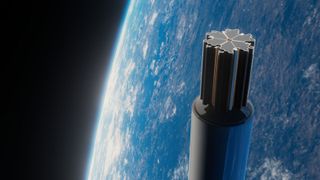
US company to use giant spinning cannon to blast hundreds of pancake-like 'microsatellites' into space
By Harry Baker published
Rocket start-up SpinLaunch wants to catapult hundreds of flattened "microsatellites" into space at once, using a cannon-like machine that accelerates objects by spinning them. The first orbital demonstration is scheduled for next year.
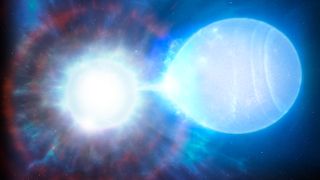
Rare quadruple supernova on our 'cosmic doorstep' will shine brighter than the moon when it blows up in 23 billion years
By Harry Baker published
A pair of white dwarfs, located just 150 light-years from Earth, appears doomed to die in a type 1a supernova that will shine brighter than anything currently visible in the night sky. But humanity — and our planet — will be long gone before this happens.
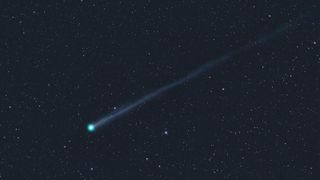
Amateur astronomer discovers bright green comet SWAN25F — and you can see it too
By Harry Baker published
Comet SWAN25F was discovered using photos from the European Space Agency's SOHO spacecraft and can currently be spied using backyard equipment — but it could also become visible to the naked eye in the next few weeks.
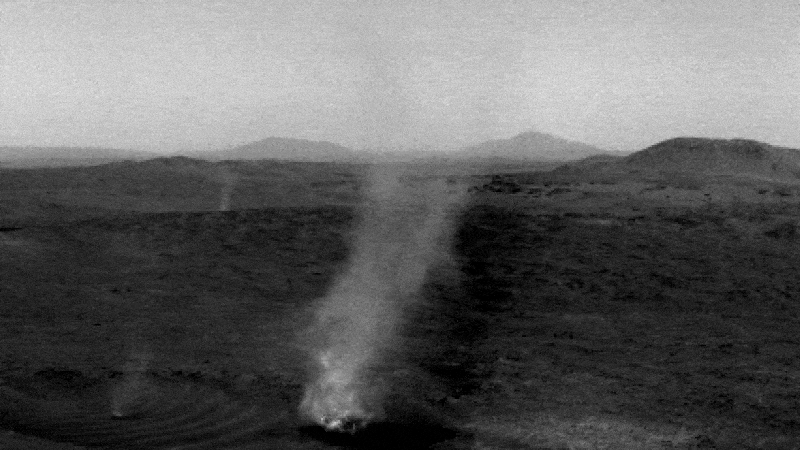
NASA rover watches 'fiendish' Martian 'dust devils' collide in rare case of extraterrestrial cannibalism
By Harry Baker published
Video footage captured by NASA's Perseverance rover shows a small "dust devil" merging with a much larger twister on the surface of Mars.
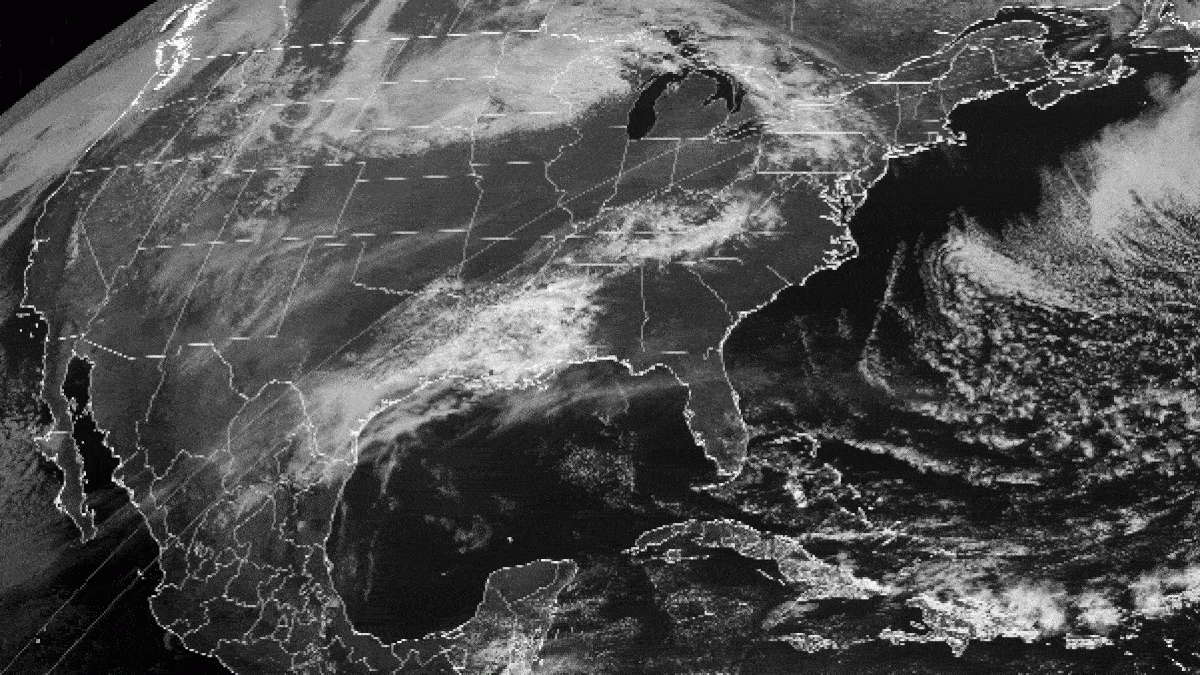
Watch moon's shadow race across US during 2024 total solar eclipse
By Harry Baker published
Earth from space Multiple spacecraft captured the moon's shadow sweeping across North America at more than 1,500 mph during the 2024 total solar eclipse, as millions of people looked up to witness totality.
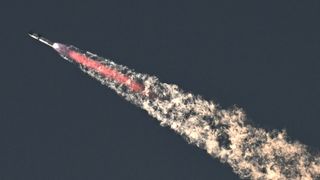
NASA signs new contract to use SpaceX's Starship — even though it keeps blowing up
By Harry Baker published
SpaceX's Starship has been awarded a NASA contract that will allow it to be considered for future missions. However, recent explosive tests have shown the supersized spacecraft is still far from mission-ready.
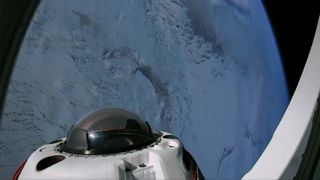
'A notch above a gimmick': Experts question scientific merit of billionaire's Fram2 'space adventure' around Earth's poles
By Harry Baker published
The recently launched Fram2 mission, which is funded and led by cryptocurrency billionaire Chun Wang, will attempt to grow mushrooms, test out hormone diapers and X-ray civilian astronauts. However, experts say that these novel experiments are unlikely to yield meaningful results.
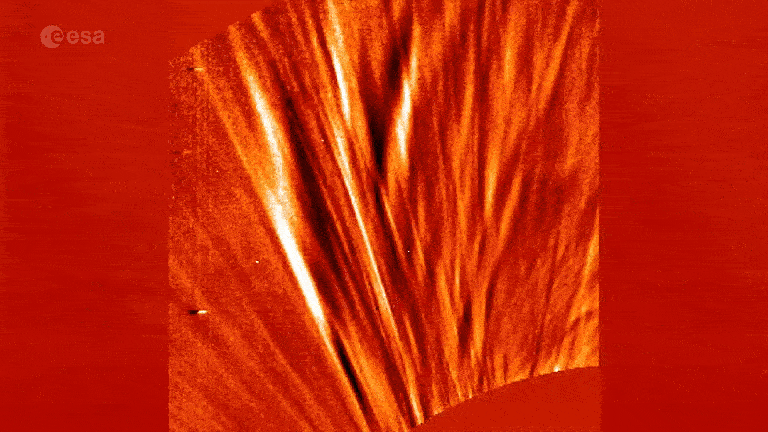
Watch eerie 'UFOs' and a solar 'cyclone' take shape in stunning new ESA video of the sun
By Harry Baker published
An eerie new video from ESA's Solar Orbiter shows a towering 'cyclone' of plasma exhibiting behaviors never seen before on our sun.
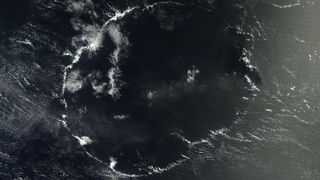
Giant, near-perfect cloud ring appears in the middle of the Pacific Ocean
By Harry Baker published
Earth from space A 2014 satellite image captured a rare glimpse of a massive, eerily circular ring of clouds that formed slap-bang in the middle of the Pacific Ocean.
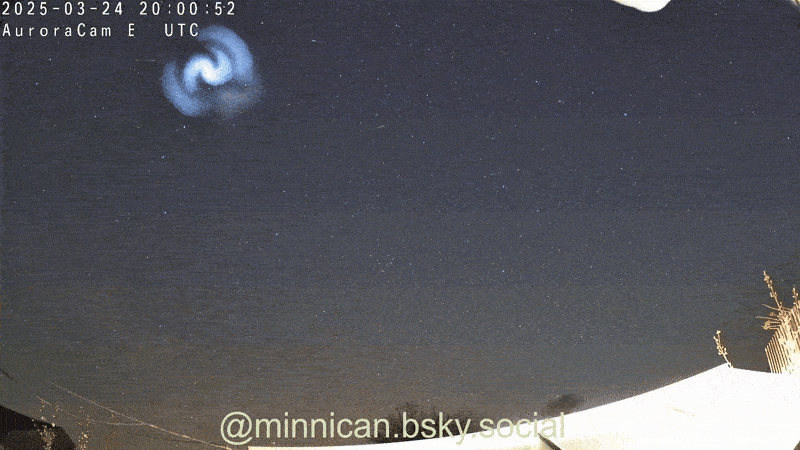
Dying SpaceX rocket triggers giant spiral of light above UK and Europe during secret mission
By Harry Baker published
A giant whirlpool of light, known as a "SpaceX spiral," was recently spotted swirling across the night sky over Europe as a Falcon 9 rocket prepared to reenter Earth's atmosphere after deploying top-secret cargo.
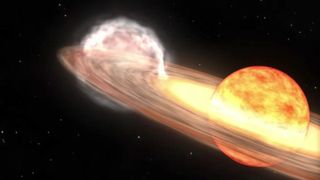
Elusive 'Blaze Star' nova could finally appear in our skies this week after multiple false alarms
By Harry Baker published
Skygazers have been waiting for over a year to see a recurrent nova that creates a temporary, super-bright star every 80 years or so. A new study suggests that it could finally happen this week — but nothing is certain.
Get the world’s most fascinating discoveries delivered straight to your inbox.
